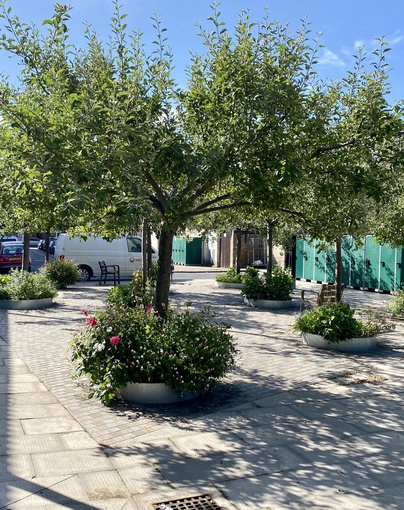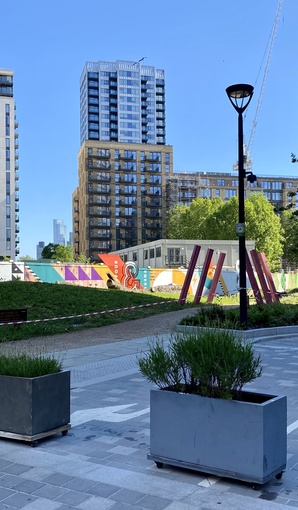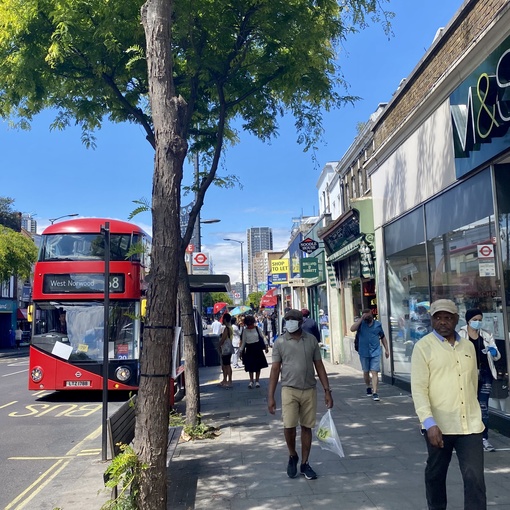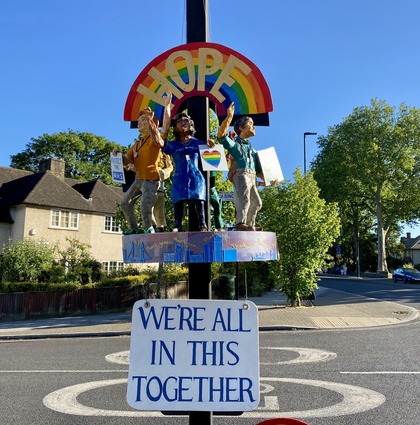
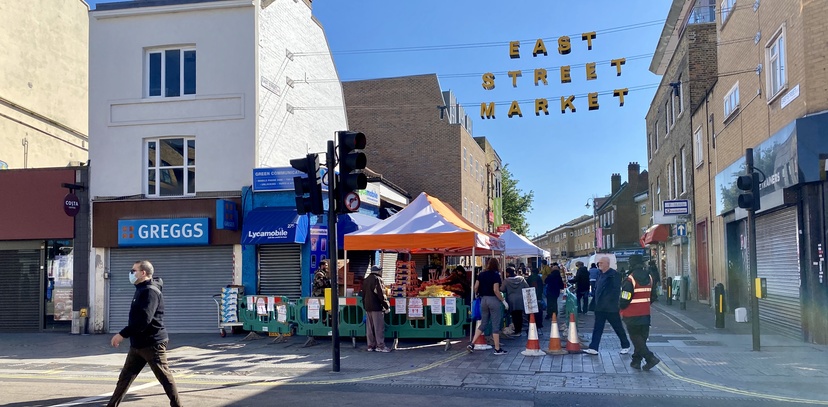
Denmark Hill and East Street Market
Social Life has been asked by Southwark Council to research the impact of the COVID-19 pandemic on everyday life, and how people feel about their local neighbourhoods.
Starting next month, through to March 2021, we will focus on six areas that are going through change. In Camberwell, Dulwich, Elephant & Castle, Old Kent Road, Peckham and Walworth we will speaking to residents, community organisations, agencies and businesses about their neighbourhoods, and how their lives and their local communities are being affected by the pandemic and its aftershock. The research will feed into the social regeneration charters that Southwark is developing across the borough.
Our work builds on the research Social Life has carried out in the north of the borough over the past few years: in Rotherhithe; around the Biscuit Factory in Bermondsey; on the Aylesbury Estate, in Walworth and most recently exploring the area affected by the St Thomas Street development.
Southwark, like many other inner London council areas, is complex and people have very different life experiences, inequality is a feature of daily life. There are broad differences between the north, centre and south of the borough, but very distinct areas and communities within these. Like other neighbouring parts of south London, Southwark is home to people with very contrasting life experiences, with many different faiths, ethnicities, nationalities and social classes coexisting, sometimes mingling but frequently staying separate.
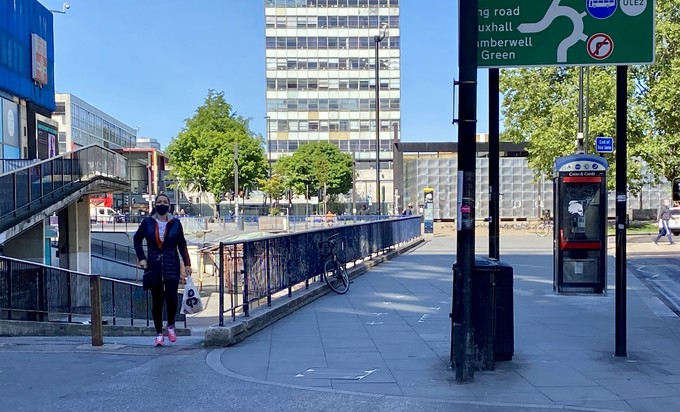
Elephant & Castle roundabout
We’ve learnt that alongside poverty and disadvantage there are strong community networks, and people overall feel that they belong – although change is generating concern about future belonging. Will it still be “a place for people like me” is a question we often hear.
The COVID-19 pandemic has caused a sudden, and massive disruption to daily life across the borough. Residents and businesses are harshly affected and this will continue over the coming months. People on low incomes, from BAME communities, in precarious work or living in overcrowded or poor-quality housing are disproportionately impacted: they are more likely to become ill and more likely to experience short- and longer-term hardship.
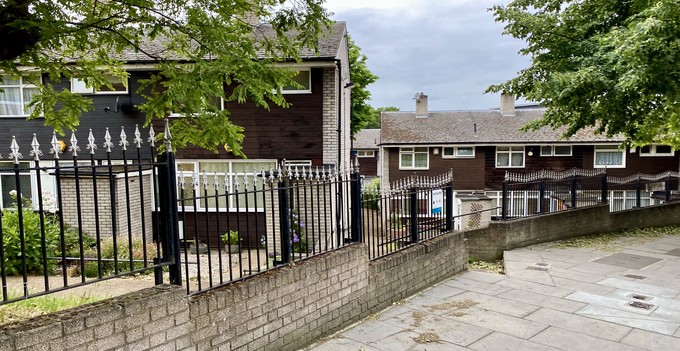
Sydenham Hill Estate
This is an evolving situation: it is difficult to predict one, three, six or 12 months ahead. We plan to speak to residents, community groups, public sector agencies and local business to find out how life is changing, and how this affects what we feel about the places we live.
Most of us have spent a lot more time in the areas we live over the past few months, how has this shaped our perceptions? Will the energy that has gone into mutual aid and community support continue as social needs and poverty rise? What will happen to the groups, network and organisations supporting Southwark’s communities as emergency funding stops? What will be the impact on relationships between people from different ages and backgrounds as financial problems mount up, and we move into autumn and winter with the possibility of more COVID-19 cases and even local lockdowns?
As a first step in this work, we are carrying out a phone survey in the next month, speaking to residents across Southwark about their experiences since March, and how they feel about the future. We’ll also be speaking to local businesses in July and August. In the six areas, we'll be working within public health guidelines to speak to residents and agencies - we will do as much in-depth face-to-face research as we can while making sure that the people we speak to, and our interviewers, are not put at risk.
We will be carrying out more research in local areas in the autumn and winter to explore how we are all affected by the social and economic change that has been catalysed by COVID-19.
Social Life has been based in Southwark, in Elephant & Castle, since 2013.
